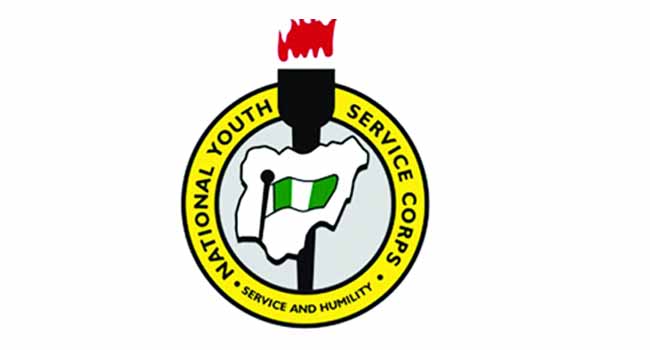A vote for NYSC
After orientation at Nsulu Games Village, I taught chemistry in a school supported by Shell Petroleum Development Company in an oil-producing community called Ohuru Ndoki, in Ugwunabgo Local Government Area of Abia State, near Port Harcourt.

Like many new graduates from northern Nigeria, I also served in Southern Nigeria, in line with the principles of the National Youth Service (NYSC) scheme.
I served in Abia State of Eastern Nigeria. It was one of the most intensely educating times of my life.
After orientation at Nsulu Games Village, I taught chemistry in a school supported by Shell Petroleum Development Company in an oil-producing community called Ohuru Ndoki, in Ugwunabgo Local Government Area of Abia State, near Port Harcourt.
I recall how disappointed I was about the fact that students at Ohuru and indeed many schools I came to know about in the region, had to acquire their school chairs by themselves and brought them to school daily.
I recall that the final year secondary students had never seen test tubes or flask. Not because those laboratory items were not there, but because there were no teachers to set up their lab.
However, within weeks of our arrival at Ohuru, we ripped open the boxes containing many lab equipment and reagents that had been abandoned for years, chased snakes and set up their chemistry lab in preparation for their examinations.
We had great moments and interacted with everyone well. We also learned Igbo culture and language.
But I had not always taught in that particular school. Before Ohuru, I served in another community called Ndiakata along Ikot Ekpene road near Aba.
That was when the 2000 Aba crisis, which saw many Hausa/Muslims killed, broke out. The mayhem was a reprisal following the killing of several Christians/Igbos in Kaduna.
Caught in a commercial bus along Aba-Port Harcourt highway, we were stopped by an angry, cutlass and machete-wielding mob, who demanded for my head in particular.
Sitting at the back seat of the bus, I recall the terror of looking into the eyes of my would-be murderers and asking for mercy, as my mostly Igbo fellow passengers pleaded on my behalf. I was the only Hausa Muslim in that bus.
With hope lost, all I could do next was stare at the whole scene and recite Ayatul Kursy as my entire life flashed before me like a movie, knowing that I was about to die.
Right in front of me, people (including a watchman I knew back in Aba), were pulled out of vehicles, slaughtered and set ablaze. And I knew I was next.
But I was saved by the courageous driver who zoomed through the mob as they angrily threw stones and sticks, smashing and damaging his vehicle.
Meanwhile back in the first village, most of my belongings were set on fire.
Our bus driver made sure he took me to the safety of a police station in Aba, where I met several wounded victims, including people with severed arms.
We spent a few days in police barracks in Aba, before moving to a naval base near Owerri.
When I reunited with my neighbour (Igbo lady), who, after spending several days looking for me in the city and had thought I had been killed, we cried like lost siblings who reunited during a war.
After spending more days in a refuge camp, we made it out. Traumatised but stronger. Some of my NYSC colleagues didn’t go back but most of us did. We remain in touch and recall that experience. But it has made us stronger, more tolerant and has equipped us with better understanding and skills to lead and influence in our various fields.
For example, we understand the psychology of ethnic and religious violence and the irrational mob actions they inspire. It is also why some of us fight extremism and bigotry.
We did not only teach those amazing young Igbo folks, but we internalised several aspects of the culture and became better educated.
Personally, I do not only speak Igbo language, but I have some level of understanding of the Igbo philosophy.
I am for a better and restructured Nigeria, where everyone can thrive and grow without being killed for practising a different religion or coming from a different ethnic group.
And precisely, because of my horrible experience during NYSC, I am against scrapping the program now. Every young Nigerian deserves an NYSC experience.
Ee, a na m asu igbo nke oma
Dr Abdulrazak Ibrahim teaches at ABU Zaria
